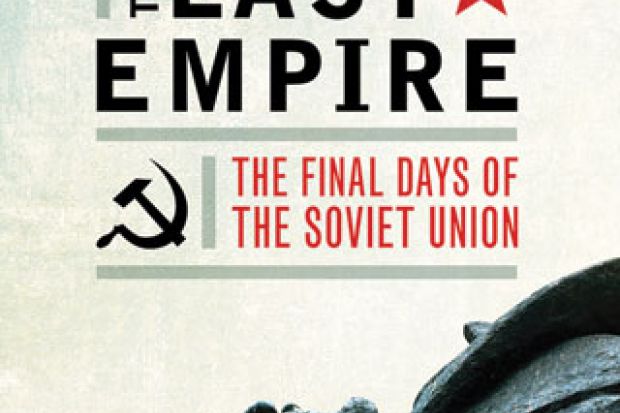As the Soviet Union neared its end, Mikhail Gorbachev repeatedly predicted, as Serhii Plokhy reminds us, “that the dissolution of the Union would mean a human disaster of epic proportion…the Yugoslav tragedy would pale in comparison to what could happen in the Soviet Union if new national boundaries were to create a host of ethnic minorities”. In the short term, this forecast would prove unduly pessimistic. But the bloodshed in post-Soviet regions in the past two decades – in Chechnya, Nagorno-Karabakh, Georgia and most recently Ukraine – show that Gorbachev’s forebodings were far from misplaced. Ukraine’s descent from the euphoria of Maidan and revolution to the abyss of civil war, Russia’s seizure of Crimea and its covert military support for separatists in eastern Ukraine – the tragic consequences of which an appalled world saw in July when a civilian aircraft was shot down – are the legacy of the break-up of the USSR as much as the triumph of nationalism and the creation of its successor states.
The story of the USSR’s final months, from the failed coup in August 1991 by Soviet hardliners to Gorbachev’s resignation on Christmas Day 1991, has been told before, but never so vividly or with such trenchant analysis as in The Last Empire. What is most striking about Plokhy’s account is the way the main actors in the drama of the Soviet collapse were driven by unforeseen events; how chance more than design determined the outcome. Nowhere was this more evident than in the process leading to the dissolution of the USSR itself. Despite their mutual dislike and rivalry, Gorbachev and Boris Yeltsin were both determined to preserve the Soviet Union, or at any rate a union of some kind. In this they were supported by George Bush, who feared the consequences of nuclear proliferation if the USSR collapsed.
Their efforts were frustrated, Plokhy plausibly argues, by Ukrainian leader Leonid Kravchuk’s opportunism in embracing the cause of Ukrainian independence immediately after the failure of the August coup. Kravchuk persuaded the Ukrainian Supreme Soviet to declare immediate independence from the USSR, and to hold a referendum on 1 December that, with its overwhelming majority for independence, would seal the fate of the USSR.
What is particularly interesting in Plokhy’s account, and is of major importance for current Russo-Ukrainian relations, is that both Gorbachev and Yeltsin saw the bonds that tied the two countries together as deep and indissoluble. In the weeks leading up to the Soviet collapse, both raised the possibility of partitioning Ukraine if it left the Soviet Union, both asserted that the Crimea and eastern Ukraine were historically Russian, and both, in Plokhy’s words, thought about “playing the ethnic card” by appealing to the Russian minority in Ukraine. Putin’s actions in recent months are in a very different category of illegality and violence, but his belief in Russia’s and Ukraine’s shared identity is a direct continuation of his predecessors’.
Although this book was written before the Ukrainian crisis of recent months, it must be required reading for anyone wishing to understand its historical roots and its potential impact both on Ukraine and on Russia itself. In 1991, Ukraine played a decisive role in determining the fate of the USSR. In 2014, it is conceivable that international responses to Russian actions and reactions within Russia to the bloodbath on its borders could have political consequences that would be just as far-reaching for Russia itself.
The Last Empire: The Final Days of the Soviet Union
By Serhii Plokhy
Oneworld, 496pp, £25.00
ISBN 9781780745299
Published 3 July 2014
Register to continue
Why register?
- Registration is free and only takes a moment
- Once registered, you can read 3 articles a month
- Sign up for our newsletter
Subscribe
Or subscribe for unlimited access to:
- Unlimited access to news, views, insights & reviews
- Digital editions
- Digital access to THE’s university and college rankings analysis
Already registered or a current subscriber? Login





